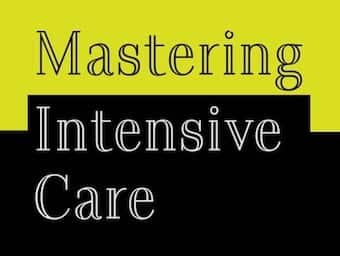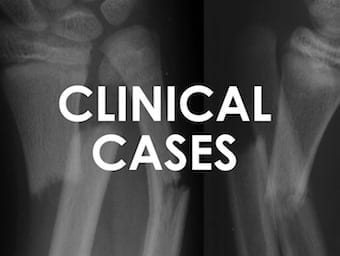
Funtabulously Frivolous Friday Five 252
It's Friday. Boggle your brain with FFFF challenge and some old fashioned medical trivia. Funtabulously Frivolous Friday Five 252

It's Friday. Boggle your brain with FFFF challenge and some old fashioned medical trivia. Funtabulously Frivolous Friday Five 252

There's been a nasty car crash with a death at the scene. Are you ready to deal with the survivor? A Q&A approach to trauma teams, preparation and the big picture.

DEET is still the gold standard for insect repellents. So how would botanical mosquito repellents work compared to that?

Make sure you know the role of the digital rectal examination in the assessment of trauma patients... You don't want to add insult to injury!

The Trendelenburg position is credited to german surgeon Friedrich Trendelenburg, who created the position to improve surgical exposure of the pelvic organs during operations.The Trendelenburg position involves placing the patients head down, and elevating the feet.

Sadly, another person has died in Louisiana of Naegleria fowleri. With a fatality rate of 99% (1 of 128 people in US have survived), the fact that they died after contracting the disease is not surprising.

Lightning strikes cause an average of 53 deaths per year in the US, killing about 10% of those who are struck. Strikes are well known to cause audiovestibular sequelae. The first reported case of deafness after lightning was in 1879,…

Andrew Davies and Mastering Intensive Care Episode 34 with Marianne Chapman - Keeping your focus of expertise purposefully narrow

A distinctly uncommunicative man says he injured his hand in a fall. What is the diagnosis, the mechanism and how will you treat the injury?

An ambulance crew have radioed through to the emergency department. They are en route with a patient who has sustained a 'microwave injury'…

Ciguatera, the illness caused by eating foods contaminated by ciguatoxin, can ruin your day, week, or month. The problem starts with Gambierdiscus toxicus, a dinoflagellate that is eaten by small fish.

Scott Weingart gives an example of why the traditional 'Letter to the Editor' found in medical journals is dead. There is a better way!